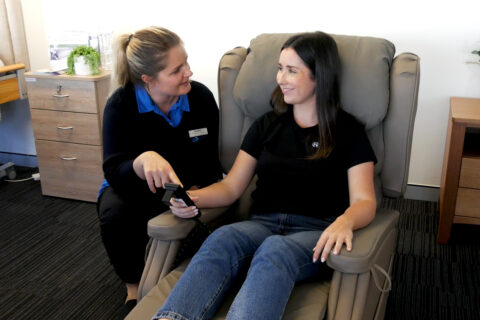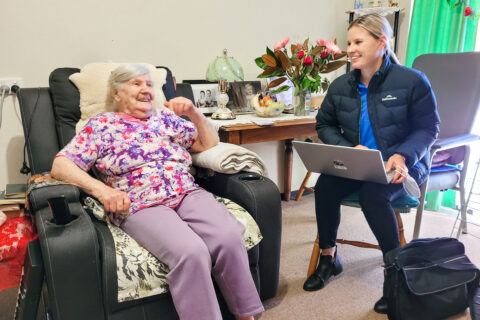Occupational therapy (OT) is a broad and vital healthcare profession that focuses on helping individuals, groups, and communities participate in the activities that matter most to them. It’s a client-centered approach, meaning the therapist works collaboratively with you to understand your specific needs and goals. Through ongoing assessments, they evaluate your current abilities, identify any challenges you face, and explore your motivations and aspirations.
Occupational therapists take a holistic view, considering the physical, mental, and social aspects of your life. Their aim is to empower you to achieve optimal health and wellbeing by enabling you to fully engage in the “occupations” of life. This term goes beyond just jobs or work. It encompasses all the activities that shape who you are and bring meaning to your life, from self-care and social interactions to hobbies and community involvement.
Who Can Become an Occupational Therapist?
Occupational therapy is a rewarding career path requiring a university degree. In Australia, practitioners must be registered with the Occupational Therapy Board of Australia (OTBA) to practice legally through the Australian Health Practitioner Regulation Agency (AHPRA).
How Can an Occupational Therapist Help You?
Occupational therapy can be incredibly beneficial if you’re facing difficulties with everyday tasks. An occupational therapist (OT) acts as a partner in identifying your strengths and weaknesses. Together, you can explore practical solutions to overcome challenges and regain or improve your independence.
OTs work with people of all ages, from children to older adults. They can help you with a wide range of activities that “occupy” your time, such as:
- Self-care: Managing daily routines like bathing, dressing, and maintaining personal hygiene.
- Work or school: Optimizing your work environment or developing strategies to excel in school.
- Social activities: Building confidence and fostering meaningful social interactions.
- Hobbies: Participating in activities you enjoy and that bring you joy.
- Community involvement: Actively engaging with your community and fostering a sense of belonging.

What Does an Occupational Therapist Do?
The day-to-day work of an OT is diverse and enriching. No two clients have the exact same needs, making each case unique and challenging. Here are some examples of what an OT might do:
- Rehabilitation: Assisting with recovery after an accident, illness, or surgery.
- Capacity Building and Skills Building: Working with you to identify tasks that are difficult and building up the skills and capacity to succeed in your everyday life, activities and chosen occupations.
- Assistive Technology: Prescribing suitable equipment and objects that make activities of daily living easier, as well as improve quality of life. This can be things like wheelchairs and pressure care equipment.
- Paediatric care: Working with children who have learning difficulties, developmental delays, or sensory processing issues.
- Disability management: Developing strategies for individuals with physical or mental health challenges to live fulfilling lives.
- Home Modifications: Modifying or redesigning parts of your home or office to make navigating the environment safer and easier.
- Mental health support: Utilizing therapeutic activities to improve coping mechanisms and social skills.
By working with an occupational therapist, you can gain the tools and support you need to live a more independent, meaningful, and fulfilling life.
Check out our adult OT services or paediatric OT services pages to find out more, or get in touch today.


 November 24, 2025
November 24, 2025

